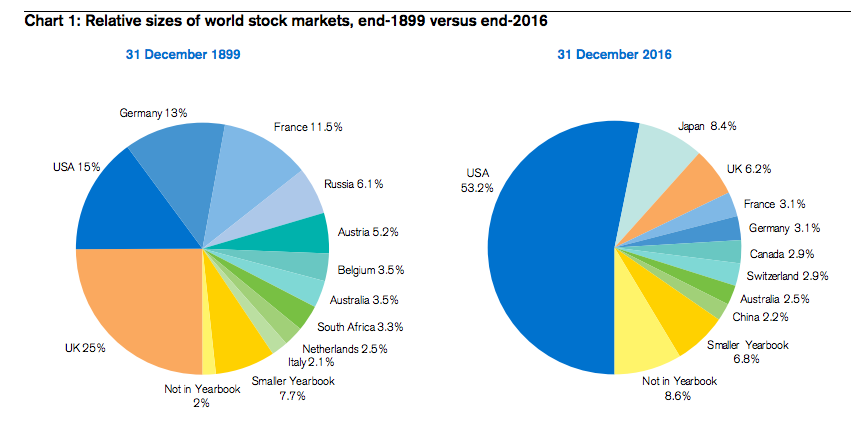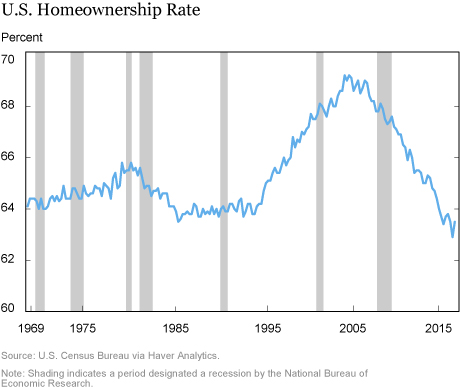What We’re Reading
Here are a few good articles the Collaborative Fund team came across this week.
Longevity
Life expectancy is approaching 90 in South Korea. It’s a different story in America:
The US … is on course to have the lowest life expectancy of rich countries by 2030.
The study predicts an average age of 80 for men and 83 for women - roughly the same state Mexico and Croatia will have achieved.
[Society in the US is] very unequal to an extent the whole national performance is affected - it is the only country without universal health insurance.
Focus
Attention spans are shortening, and sports leagues are doing something about it:
The MLB … will begin testing a rule next spring training whereby teams playing an extra inning game will begin each frame of the at-bat with a runner already on second base (the hope is to increase scoring as well as more quickly break a tie game). And even college hoops is taking steps to address game length, unveiling a new format of play during this year’s NIT: team fouls will reset at the 10-minute mark (rather than at half-time), which effectively reduces the game from halves (a hallmark of college ball) to quarters, and in the process adding a boost of scoring to what could become a slog-fest.
Market share
I suspect we’ll see a similar shift over the next 117 years:

Flexibility
Basecamp is 17 years old and has been profitable for 17 years:
Profit buys you time and flexibility. Profit is the ultimate flexibility because it buys you the ultimate luxury: time. As long as you remain profitable, you can go in any direction you want and take as much time as you need. But if you can’t generate enough of your own cash through operations, and you have to go outside to borrow or sell off pieces of your company to generate the cash you need to continue, then the ones you owe are the ones who own your time. If someone else owns your time, you aren’t free. And if you aren’t free, you can’t be flexible. We value flexibility above almost anything else.
Shelter
The homeownership rate is near an all-time low. This report shows how demographics has influenced that figure:

Books
Ben Carlson writes about his experience self-publishing a book:
The number of new books published each year has risen from something like a little over 120,000 in the year 2000 to well over 3 million annually in recent years. The biggest reason for this increase is the self-publishing industry. There are pros and cons to this growth but it’s never been easier to get your ideas out there.
Have a good weekend.